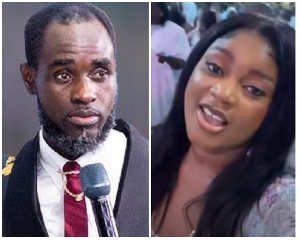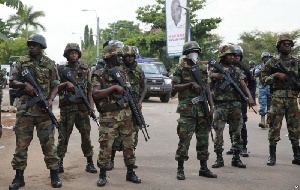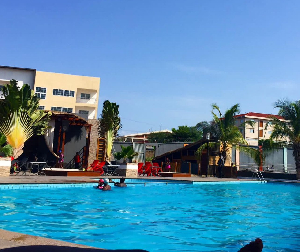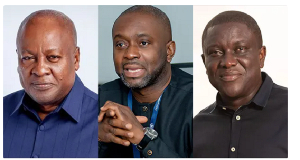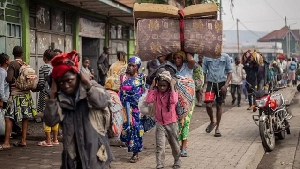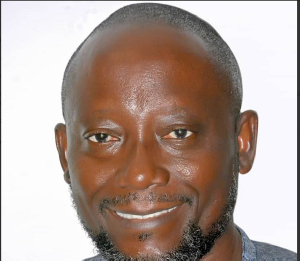The United States of America has expressed its readiness to support Ghana’s anti-terrorism efforts with a simulation exercise.
This came to light at a press meeting for editors of some selected media houses at the American Embassy in Accra on Friday 15 April 2016.
The eight-day joint readiness exercise, dubbed ‘Epic Guardian’, will commence on 26 April 2016.
The programme aims to equip the US government and African countries to combat terrorism.
According to the U.S. Ambassador to Ghana, Robert P. Jackson, “Security cooperation is a vital part of the U.S.-Ghana partnership. Epic Guardian is an opportunity to strengthen our bilateral relationship and to demonstrate our long-term commitment to supporting Ghana as it works to counter international threats and ensure stability and security for Ghanaians.”
The exercise will be conducted using the county’s military facilities with participation of personnel from the Ghana Police Service and the Ghana Armed Forces, as well as teams from the United States Africa Command (USAFRICOM) and Special Operations Command Africa (SOCAFRICA).
Other countries to have benefited from the programme include: Malawi, Cameroon, Djibouti and the Seychelles.
Mr Jackson thanked the government of Ghana for its unflinching support in regional security matters. He pledged his support to continually “work together with African partners to promote stability on the African continent”.
Commenting on the brouhaha involving the two ex-detainees from Guantanamo Bay who are being hosted in Ghana, the ambassador assured that there was no cause for alarm.
“The Foreign Minister and this Embassy consulted about informing other stakeholders, and, so, we did talk to Akufo-Addo before the transfer happened.”
“After the transfer happened, we met with a variety of religious, civil societies and political leaders. I personally met with the Catholic Bishops Conference and Archbishop Duncan-Williams and some of his top leadership…and I think that people now understand what happened better.”
General News of Friday, 15 April 2016
Source: classfmonline.com
Terrorism: U.S. to help Ghana with contingency simulation
Entertainment
